#monster boys manga
Explore tagged Tumblr posts
Text
Found out
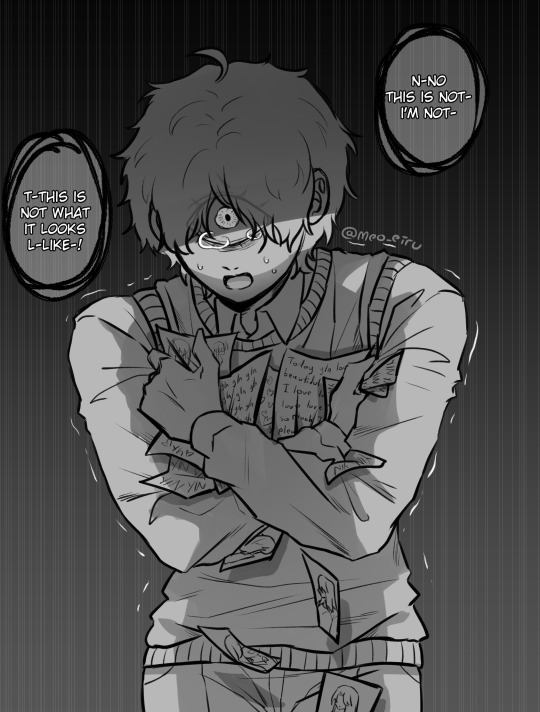
#theo#yandere one eyed monster#one eyed monster#yandere pretty boyfriend#artists on tumblr#digital art#male yandere#yandere#yandere stalker#yandere stalker x reader#male yandere x reader#yandere x reader#yandere x you#yandere x darling#yandere x y/n#yandere boy#yandere aesthetic#black and white aesthetic#aesthetic#comic#manga aesthetic#mini comic
3K notes
·
View notes
Text

#gengar#pokemon#ghost#lavender town#scary#pokemon red#pokemon green#pokemon blue#pokemon yellow#gamer#anime#manga#video games#nintendo#switch#ds#wii#game cube#nes#snes#super#game boy#64#retro#purple#type#abandoned building#pocket monsters#Japanese#gotta catch em all
1K notes
·
View notes
Text



「Simply put, the tunnels are ego-bloated labyrinthine death traps. No ‘benefits’ found ‘ere than a deep dank pit for executives t’throw convicts n exiles into. Our turnover rate puts their share values to shame.
…’n yet, our men manage to crawl their way outta hell itself. Not a single scratch. Hardly any memory of how they even escaped. Try an explain that. 」
#body horror#multiple limbs#centipede#bug#bug oc#digital sketch#digital art#artists on tumblr#robot#robot oc#character design#original character#terato#exophilia#monster boy#monster boyfriend#art stuff#oc: mk1#i redrew the manga cover finally because it still made me mad#centipede my ass
534 notes
·
View notes
Text

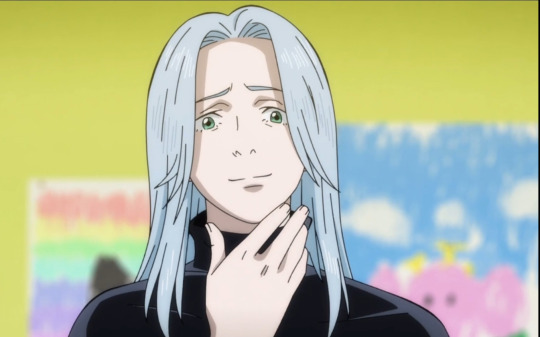
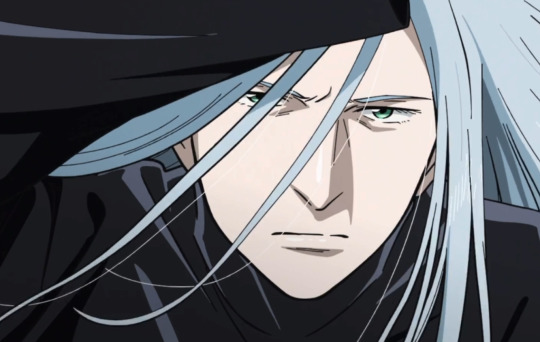
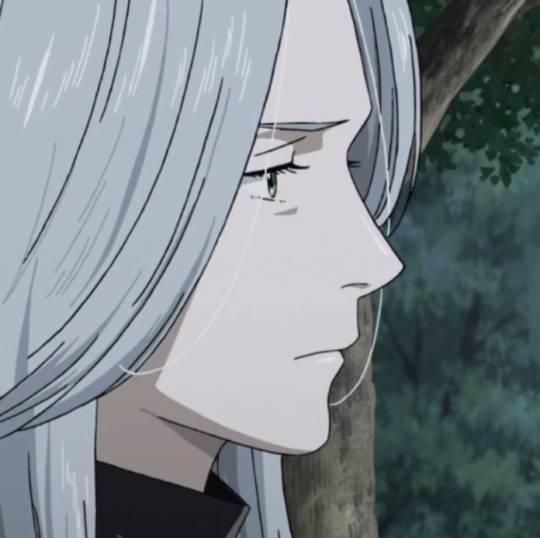


EPSILON APPRECIATION!!!!
#naoki urasawa#naoki urasawa's pluto#pluto anime#monster anime#astro boy#tetsuwan atom#pluto manga#monster manga#monster naoki urasawa
1K notes
·
View notes
Text

spring storm and monster (春の嵐とモンスター) // support the artist (eng)
#spring storm and monster#yandere#yancore#yandere aesthetic#male yandere#manga#yanderecore#yandere boy#obsessive#manga cap#yandere manga
369 notes
·
View notes
Text



Monsters We Make - Created by CoryxKenshin - Released 12.16.24
#monsters we make#cory kenshin#coryxkenshin#manga#Jabari Booker#September Ingram#Liam X#Alicent Kim#Han Andersson#indie series#black characters#black anime#black anime girl#black anime boy#black anime character#anime and manga#youtuber
173 notes
·
View notes
Text

Three of swords
#my art#manga#anime#artists on tumblr#digital art#my ocs#demon#monster original character#angelcore#angel aesthetic#angel demon#angel devil#fallen angel#demon boi#demon boy#monster fucker#monster oc#mature moms
140 notes
·
View notes
Text
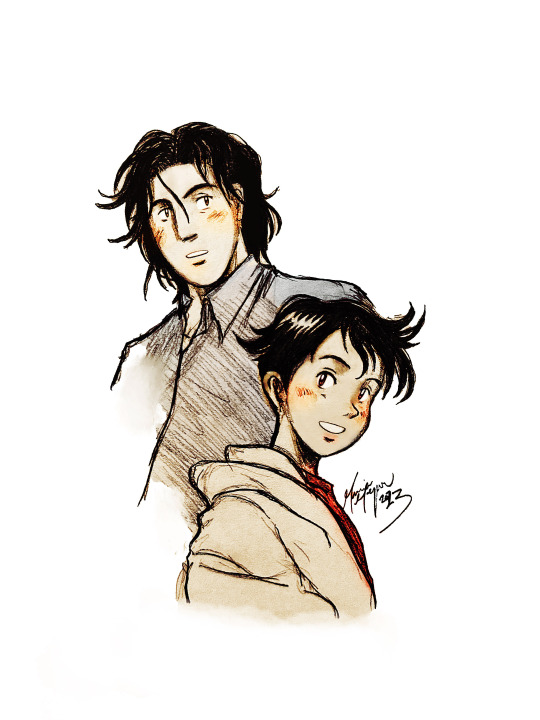
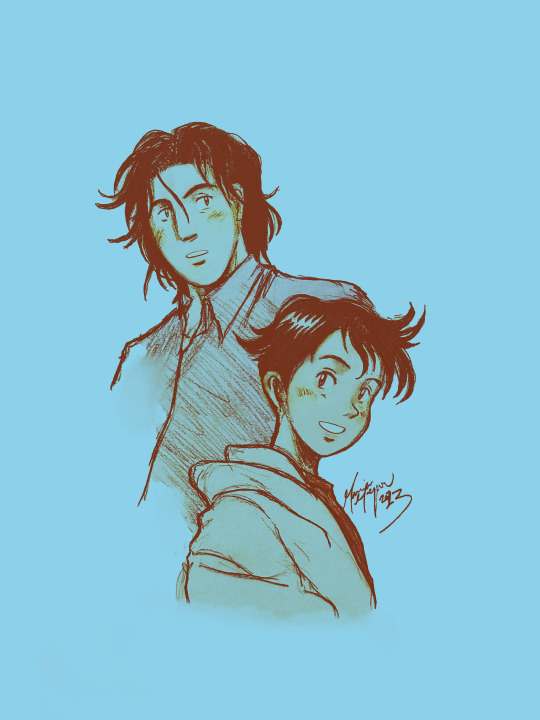
In my Urasawa era (Cooking some intrigue, robotic name-games, getting to the bottom of this, obsessing over nose shapes) 🤖 ((I was already a huge fan thanks to Monster but Pluto was incredible + delectable. Give it a watch on Netflix if you want to be reminded of the excellent art and writing that exists in the world))
#pluto anime#monster anime#kenzo tenma#atom pluto#naoki urasawa#astro boy#dr tenma#artists on tumblr#anime and manga#may's arts#exiledarts
641 notes
·
View notes
Text
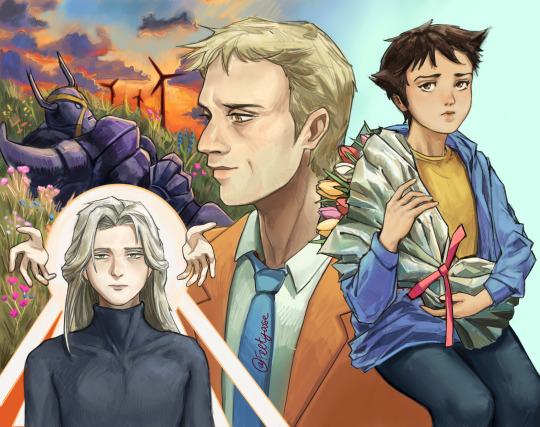
The Greatest Robots on Earth
Pluto - Naoki Urasawa
#digital art#fanart#sketch#procreate#art#digital fanart#anime#digital portrait#clip studio art#manga#naoki urasawa's pluto#naoki urasawa#naoki urasawa's monster#gesicht#epsilon#astro boy#johan liebert#kenzo tenma#pluto manga#pluto anime#20th century boys
1K notes
·
View notes
Text
True Detective by Naoki Urasawa

(Via: Mondo di Nerd on Facebook)
#true detective#naoki urasawa#serie tv#tv series#pop culture#woody harrelson#matthew mcconaughey#manga#manga art#tv#martin hart#marty hart#rust cohle#manga aesthetic#drawing#art#illustration#pluto#monster#20th century boys#japanese culture#japanese#japan
188 notes
·
View notes
Text

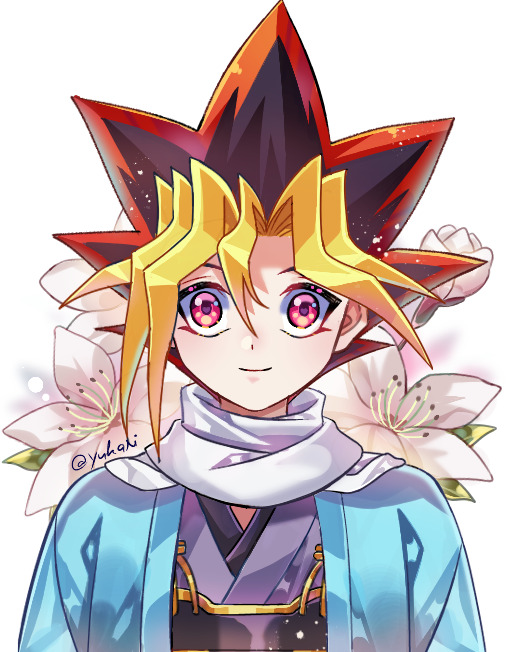
Puzzleshipping but in Touken Ranbu version
#drawing#artwork#fanart#anime drawing#artillustration#sketchoftheday#art#drawdrawdraw#digital art#draweveryday#digital illustration#drawdaily#sketch#ygo duel monsters#yugioh#anime boy#anime art#artist on tumblr#artistonfacebook#ygo fanart#yami yugi#yugi mutou#artistoninstagram#digital aritst#ygo atem#art anime#art manga#touken ranbu
185 notes
·
View notes
Text

From 'Dungeon Meshi'
#manga#screencap#manga screencap#manga screenshots#anime / manga#manga panel#manga cap#manga crop#mangacap#dungeon meshi#delicious in dungeon#lycion#the canaries#fleki#fleki dungeon meshi#dunmeshi#fleki dunmeshi#monster boy#monster#werewolf
64 notes
·
View notes
Text












#RISE AND SHINE TAKIISHI CHIKA NATION#I AM HERE TO FEED Y'ALL !#✧* ꜝ takiishi chika#✧* ꜝ wind breaker#wind breaker manga#wind breaker x reader#takiishi chika x reader#takiishi chika#takiishi#takiishi x reader#wind breaker#windbreaker x reader#windbreaker satoru nii#TAKIISHI CHIKA IS THE LOVE OF MY LIFE#DOING CHIKA CONTENT FOR THE FUTURE LOVERS#no need to thank me#im obsessed with this man#actually he is my new personality trait for a month now#for the 18 soon to be 19 years that im single i have to love something#I LOVE PIXELS GODDAMNIT#I EVEN HAVE PLAYLIST FOR TAKIISHI#movin comin lovin yeah yeah#i want you to be mine#want you to be my#takiishi with rude boy by the queen and be mine by my other man jimin#HEAVEN IM TELLING YA#AND LADY GAGA'S MONSTER#THAT BOY IS A MONSTER ER ER ER
114 notes
·
View notes
Text

Kamen Rider Gavv - Gummy monster
#kamen rider#gavv#kr gavv#kamen rider gavv#gummy bear#tumblr art#artists on tumblr#traditional art#my art#anime and manga#anime art#baby boi#monster#henshin
70 notes
·
View notes
Text

spring storm and monster (春の嵐とモンスター) // support the artist (eng)
#spring storm and monster#yandere#yancore#yandere aesthetic#male yandere#manga#yanderecore#yandere boy#obsessive#manga cap#yandere manga
308 notes
·
View notes
Text


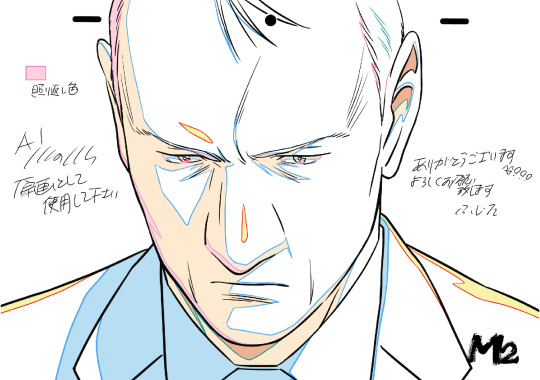
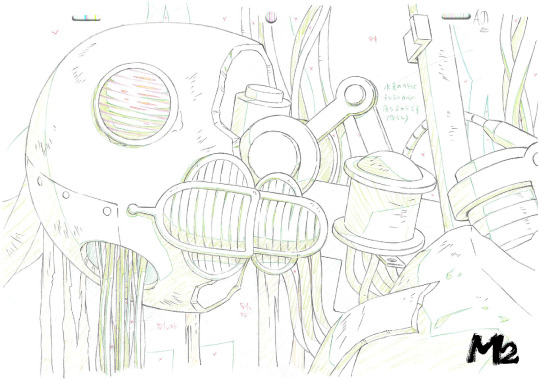
FINAL PLUTO SHEETS FOR NOW!!!!
AAAAAAH EPSILON IS FINALLY HERE LETS GOOOOOOO
#naoki urasawa#pluto anime#monster anime#astro boy#naoki urasawa's pluto#tetsuwan atom#pluto manga#monster manga#monster naoki urasawa
394 notes
·
View notes